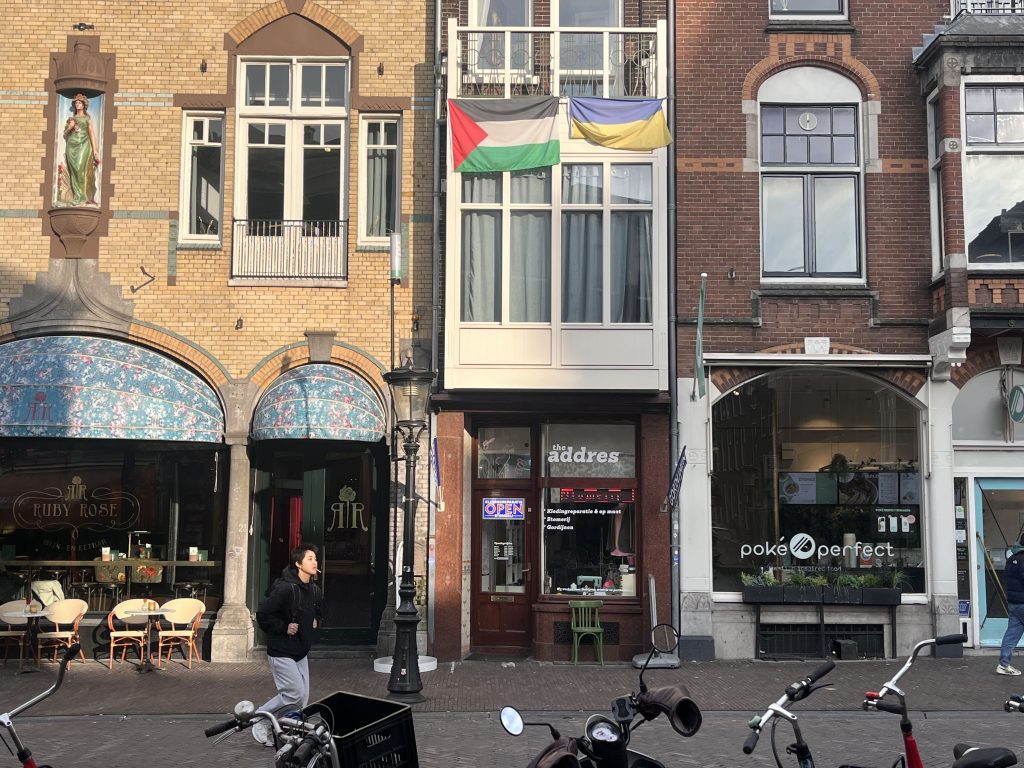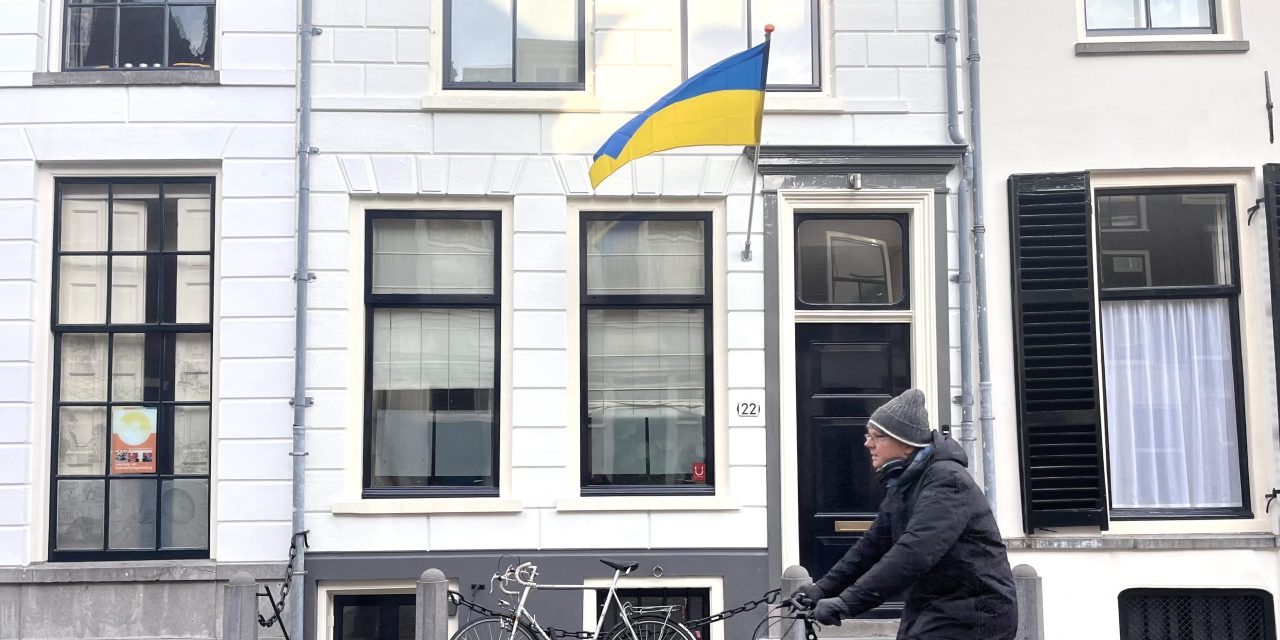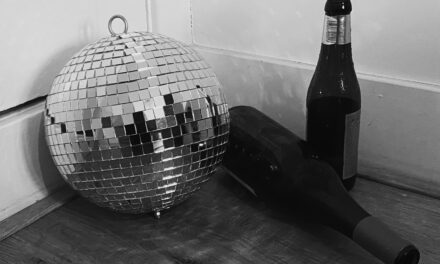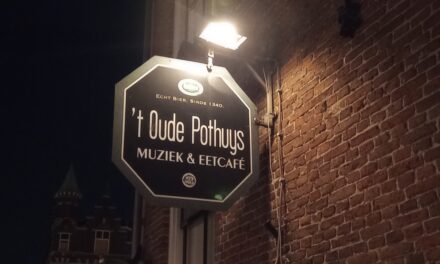In the early months of the war, Ukrainian flags hung from windows, solidarity protests filled Utrecht’s squares, and support for Ukraine was visible across the Netherlands. Now, nearly three years later, the streets that once displayed Ukrainian flags in windows, on buildings, and in public squares seem nearly empty.
The loss of visible solidarity affects how Ukrainians feel in the Netherlands, potentially leaving them feeling less supported or welcome. This shift also raises concerns about the Netherlands’ long-term commitment to Ukraine, suggesting that public interest does not always translate into sustained support. Discussions about the war have become less frequent, and in some cases, even an avoided topic.
“People typically ask a few questions when I mention that I’m from Ukraine in the Netherlands, but they don’t seem particularly interested in learning more about my background,” said Oleksandra Zhukovska, a Ukrainian student living in Utrecht. Oleksandra arrived in the Netherlands only a few weeks ago, yet she has neither heard anyone discussing the war in Ukraine nor received any support since arriving. She also noted that, in Utrecht, she has seen only one Ukrainian flag. “I believe that people tend to forget about things that do not directly concern them. I think the Dutch may be afraid of the answers they might receive, which is why they hesitate to ask me questions,” Oleksandra added.
I believe that people tend to forget about something that does not concern them directly.

Ukrainian and Palestinian flags hang side by side above street
“The Dutch Red Cross – region Midden-Nederland – does everything it can to ensure the most humane possible reception for people forced to leave their home countries due to conflict or disaster,” said Iris van Dijk, Coordinator Hulpverlening Opvang for the region. She mentioned that 75% of Ukrainians residing in Red Cross locations have found jobs in the Netherlands. Children attend school, and people rebuild their lives. Nonetheless, many still miss their home country, as well as their families and friends. “Mental health issues are common, but people remain strong,” she noted.
Several Ukrainian organizations in Utrecht were contacted for insight, but they either did not respond or declined to comment. This silence may reflect fatigue, caution, or the emotional weight of discussing ongoing struggles.
Since the start of the war, Dutch financial support for Ukraine has not only remained steady but has continued to grow. In December 2022, the Netherlands committed €2.5 billion to Ukraine for 2023, directing funds toward urgent repairs, reconstruction, military aid, and the fight against injustice. By 2024, this commitment deepened further. The Dutch government pledged over €2 billion in aid, with the bulk allocated to military support while also funding criminal investigations, judicial initiatives, and long-term recovery efforts. This ongoing support reflects the Netherlands’ strategic and humanitarian investment in Ukraine’s future.




